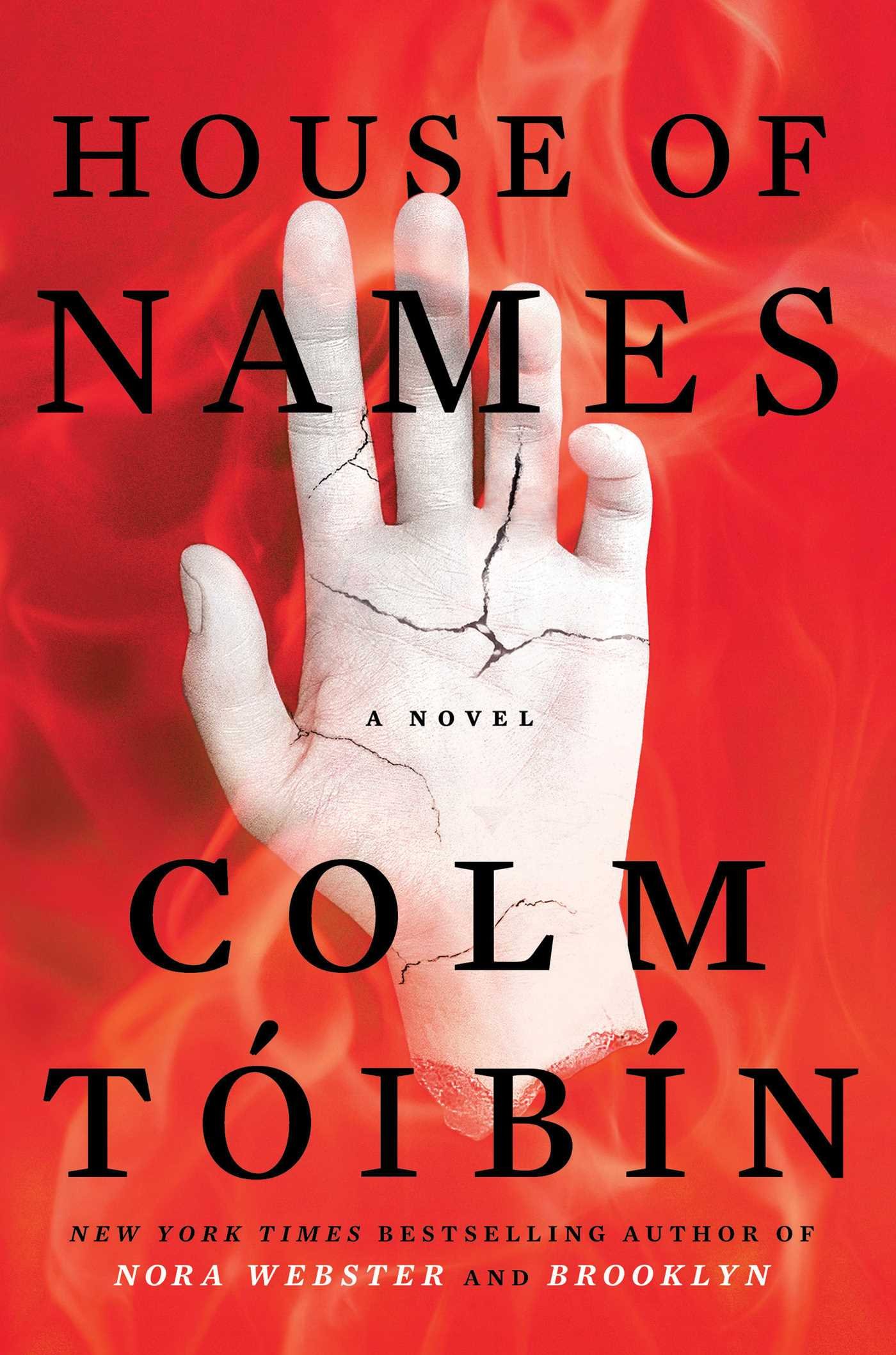Our book group choice for January 2019 is House of Names by Colm Tóibín. On the day of his daughter’s wedding, Agamemnon orders her sacrifice. His daughter is led to her death, and Agamemnon leads his army into battle, where he is rewarded with glorious victory.
House of Names by Colm Tóibín is a retelling of the Greek tragedy of Agamemnon and Clytemnestra, told from the perspectives of three of the main characters: Clytemnestra, her daughter Electra, and her son Orestes. The novel begins with the sacrifice of their daughter Iphigenia, and Clytemnestra’s vow of vengeance.
The first part of the novel is narrated by Clytemnestra, who is a complex and sympathetic character. She is a powerful woman who is capable of great love and great violence. She is also a victim of her own circumstances, having been married to a husband who is often absent and who has sacrificed their daughter for the sake of his own ambition.
Clytemnestra’s narration is full of rage and bitterness. She feels betrayed by Agamemnon, and she is determined to avenge the death of her daughter. She is also aware of the dangers of her own anger, and she struggles to control it.
The second part of the novel is narrated by Electra, who is Clytemnestra’s daughter and Orestes’ sister. Electra is a more innocent character than her mother, but she is also more traumatized by the events of her childhood. She is obsessed with the death of her sister, and she longs for revenge.
Electra’s narration is full of pain and longing. She is a victim of her own family’s curse, and she is trapped in a cycle of violence that she cannot escape. She is also a victim of her own mother’s rage, and she is afraid of what Clytemnestra might do to her.
The third part of the novel is narrated by Orestes, who is Clytemnestra’s son and Electra’s brother. Orestes is a more conflicted character than his mother or sister. He is torn between his love for his mother and his desire for revenge. He is also haunted by the ghosts of his past, and he is afraid of what he might do if he gives in to his anger.
Orestes’ narration is full of guilt and remorse. He knows that he is about to commit a terrible act, but he feels that he has no choice. He is also aware of the dangers of his own anger, and he struggles to control it.
Discussion Questions for House of Games
- What did you think of the book?
- Did you know anything about this story before you read the book, and if so do you think this helped or hindered your enjoyment of the book?
- The book deals with characters that have loomed large in Greek mythology for a long time. Do you think that Toibin has humanised them enough to create a good novel, or does he not need to? Is the right balance of human v myth achieved?
- There have been so many retellings of this story, and so many changes made to it over the centuries – how do you think Toibin dealt with the challenge of creating something unique?
- How well do you think the narrative deals with the passage of time?
- Do you think the different narrative styles for each main character worked?
- What did you make of the parallels between Clytemnestra killing Agamemnon, and Orestes killing Clytemnestra, and how these were handled by the author?
- Toibin does not ever mention the gods by name – what do you think is the significance of this?
- House of Names – is this a good title? Where is this referring to?
Individual Comments
DKB's Rating 




Jo's Rating 




Baljit's Rating 




EmmaT's Rating 




Willow's Rating 




Sue's Rating 





